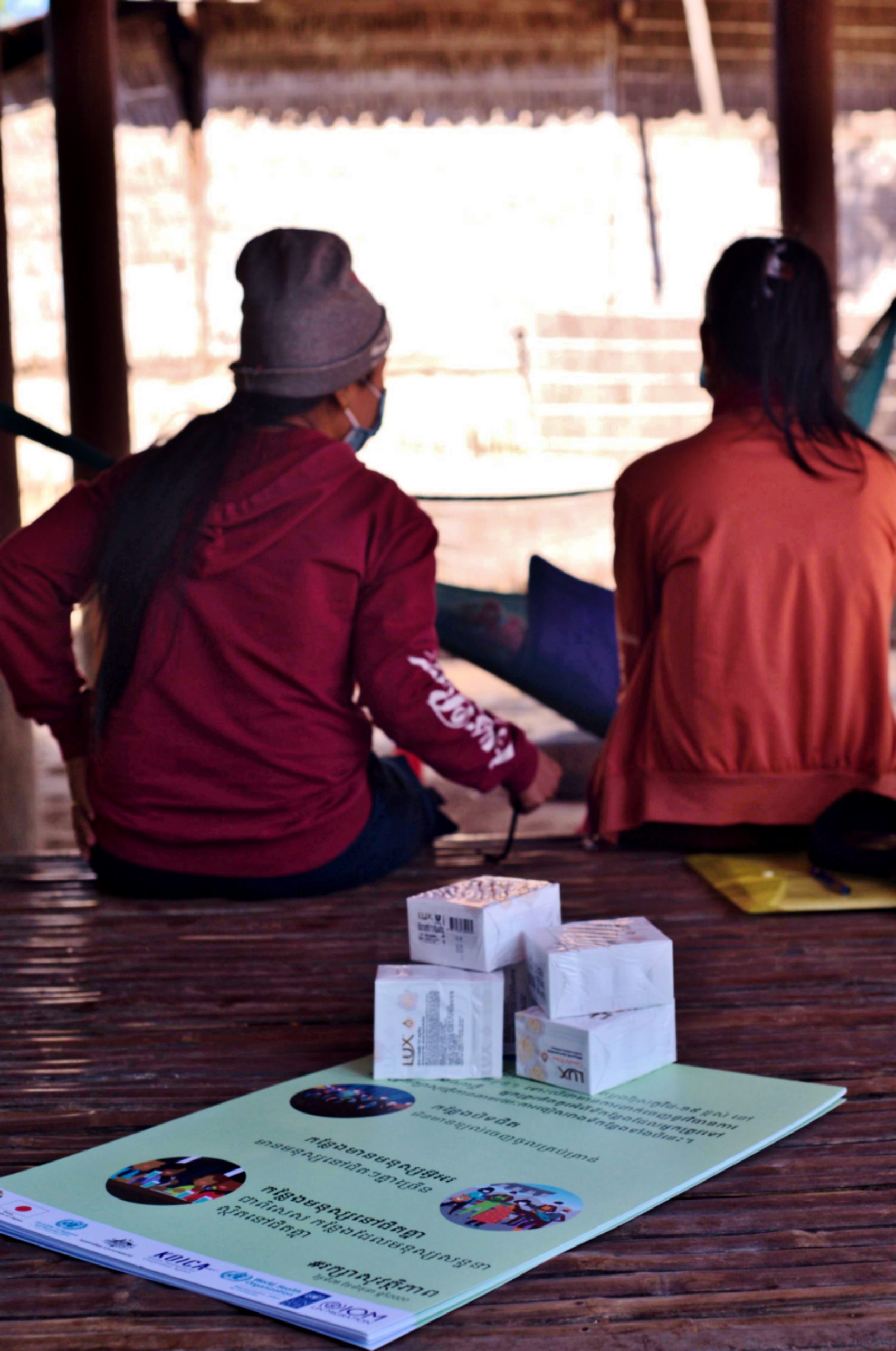Today, 18 December, is the 30th anniversary of the adoption of the International Convention on the Protection of the Rights of All Migrant Workers and Members of Their Families. While there have been many challenges to the realisation of these rights over the years, the impact of the Covid-19 pandemic has been unprecedented.
Border closures and movement restrictions have hit mobility hard, taking a devastating toll on the lives, well-being and livelihoods of millions of migrant workers globally. Even before the pandemic, the exploitation of migrant workers was persistent in the ASEAN region. Still, too many migrant workers, including here in Cambodia, face deceptive recruitment practices and excessive fees and costs related to migration. Many more face decent work deficits in their workplaces, through unequal or unpaid wages and unsafe working conditions.
On this International Migrants Day, we recognise the significant challenges faced by migrant workers and acknowledge their resilience, bravery, and immense contribution to our communities.
The Covid-19 pandemic has revealed much about our societies, including the crucial role that migrant workers play. Migrants are overly represented in essential jobs, taking on care and domestic work in our homes, providing healthcare and medical services, and maintaining the security of food and other supply chains.
However, migrants are also more likely to be employed in precarious or informal work, with few or no labour protections and limited access to social protection. In times of economic difficulties, migrant workers are often the first to lose employment and wages, have limited or no access to adequate healthcare, face high risks of violence, extortion and exploitation, with many of these risks directly linked to their migration status.
In Cambodia, the impact of the Covid-19 pandemic has seen more than 120,000 migrant workers return from abroad. These migrant workers and their families now face immediate challenges, having lost their jobs and support from remittances and may be more susceptible to trafficking and exploitation as a result of this income shock. Like so many other migration challenges, the pandemic has disproportionately affected women and girls and exposed existing and persistent gaps in gender equality.
Regrettably, in many instances, the reaction to the pandemic has been hostility towards migrant populations, increased securitisation of the borders, growing distrust, racism and xenophobia, to the detriment of so many people on the move. Regardless of the essential nature of their work, migrants face increasing social exclusion and discrimination during the pandemic. With livelihoods faltering, economies suffering and social protection frameworks disrupted, the tension between migrants and communities in which they live increased.

We should not remember 2020 as the year migrant workers’ rights, protection and mobility regressed. We should, however, remember it as the year that we recognised migrants’ vital contributions
The Covid-19 pandemic is first and foremost a health crisis, but it is also borderless, and impacts us regardless of our nationality, ethnicity or migration status. We know that none of us is safe, until all of us are safe, and migrant workers must be included in recovery, vaccination and healthcare plans and systems.
In years to come, we should not remember 2020 as the year migrant workers’ rights, protection and mobility regressed. We should, however, remember it as the year that we recognised migrants’ vital contributions through increased protection, better services and improved working conditions, with coordinated and dedicated action to support them.
The conditions for such a shift are present. Covid-19 has reminded us just how much our health, our food, our homes and our economies are reliant on safe, orderly, and regular movement of people. It also brings to the fore the vital need to protect working conditions. The Global Compact on Safe, Orderly and Regular Migration (GCM), adopted in 2018, reinforced the global commitment to facilitating mobility for the benefit of all. The GCM provides a new platform and approach to address migration and mobility without compromising the rights of migrants or the sovereignty of states.
The actions we take today will ensure we are better placed to respond to the challenges of tomorrow. The current global health and socio-economic crisis provides an opportunity to build more inclusive and resilient societies, where well-managed migration allows states and individuals alike to maximise the benefits of mobility. ILO and IOM believe that we can only plot a successful course out of this pandemic if we do not leave migrant workers behind.
No country can address migration alone, so cross-border collaboration is also vital. Migration issues are holistic and cross-cutting, so beyond cooperation at the UN, we must draw together governments, civil society, workers’ and employers’ organisations and migrant communities to design inclusive systems that address the complete experience of migration, from recruitment to return.
Most importantly, migrant workers’ voices must be the central, driving motivation in any intervention. The pandemic has highlighted the value of migrant work and we have rightly recognised the bravery of frontline migrant workers, many of whose efforts were ‘invisible’ before Covid-19.
It is now time to also recognise that migrant workers are also best placed to inform and design systems that enable their vital contributions to be made in the safest, and mutually beneficial way. The revival of economies impacted by Covid-19 rests on finding innovative ways to rollback mobility restrictions and once again facilitate the movement of people, goods, services and skills.
Certainly, the protection of migrant workers’ health, ensuring their living and working conditions are conducive to prevention of infection and that they have access to healthcare systems and providers without fear of discrimination or deportation must be one of the cornerstones of the global recovery.
Kristin Parco is the Chief of Mission for the International Organization for Migration in Cambodia and Graeme Buckley is Director of the Decent Work Technical Support Team for East and South-East Asia and the Pacific at the International Labour Organization.


